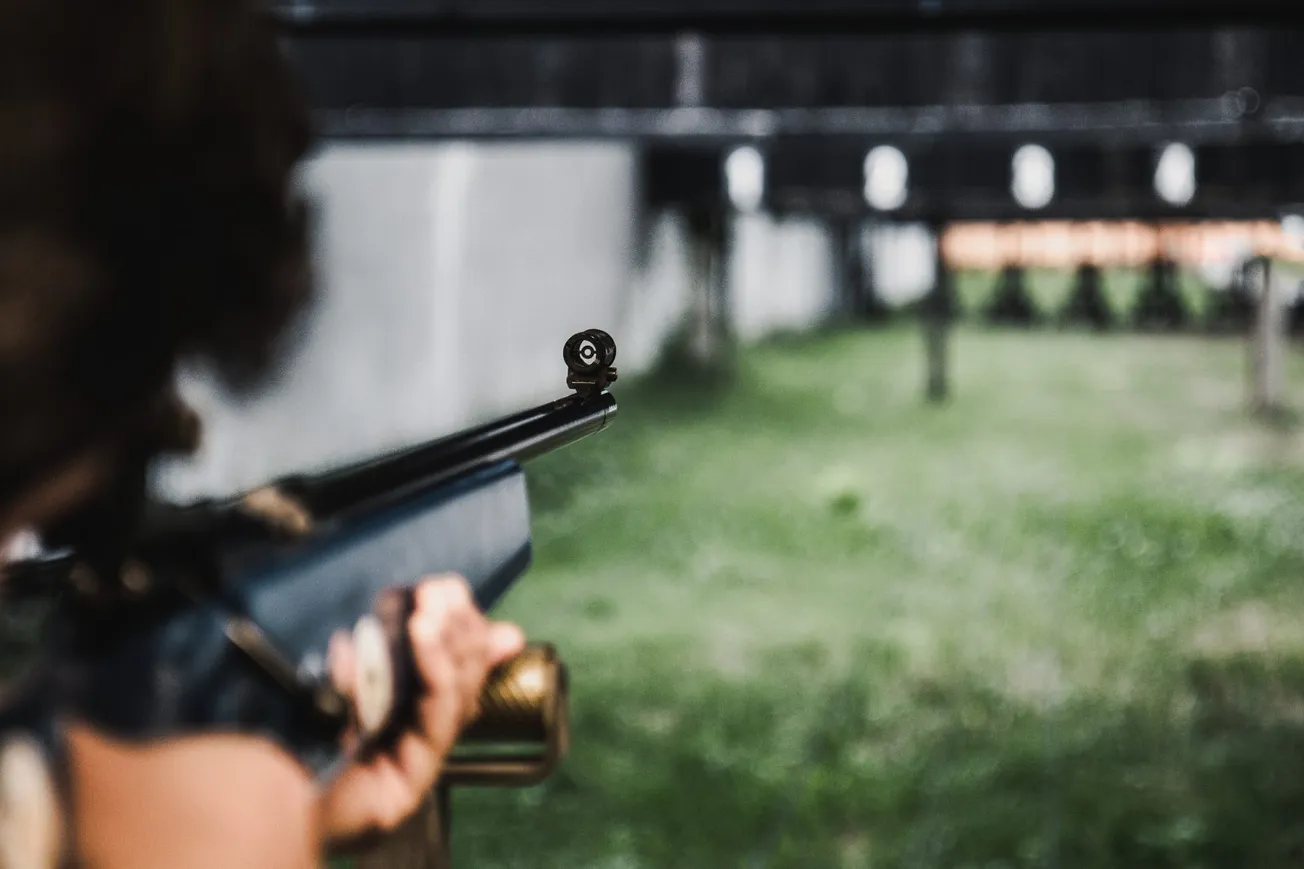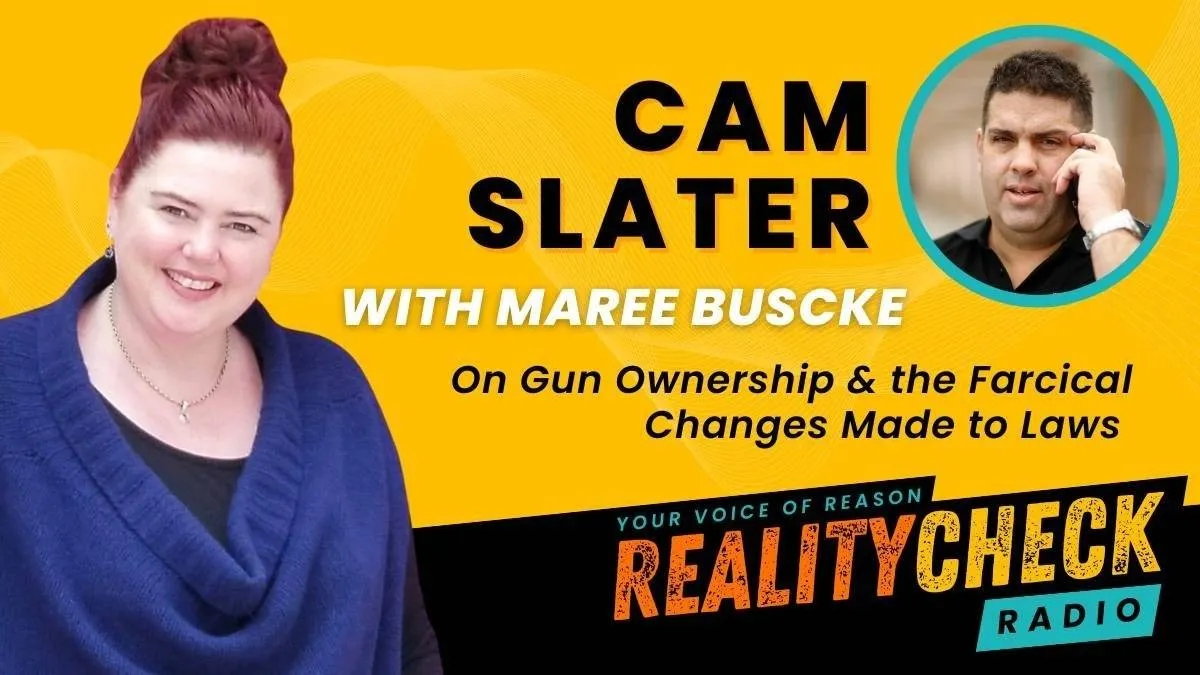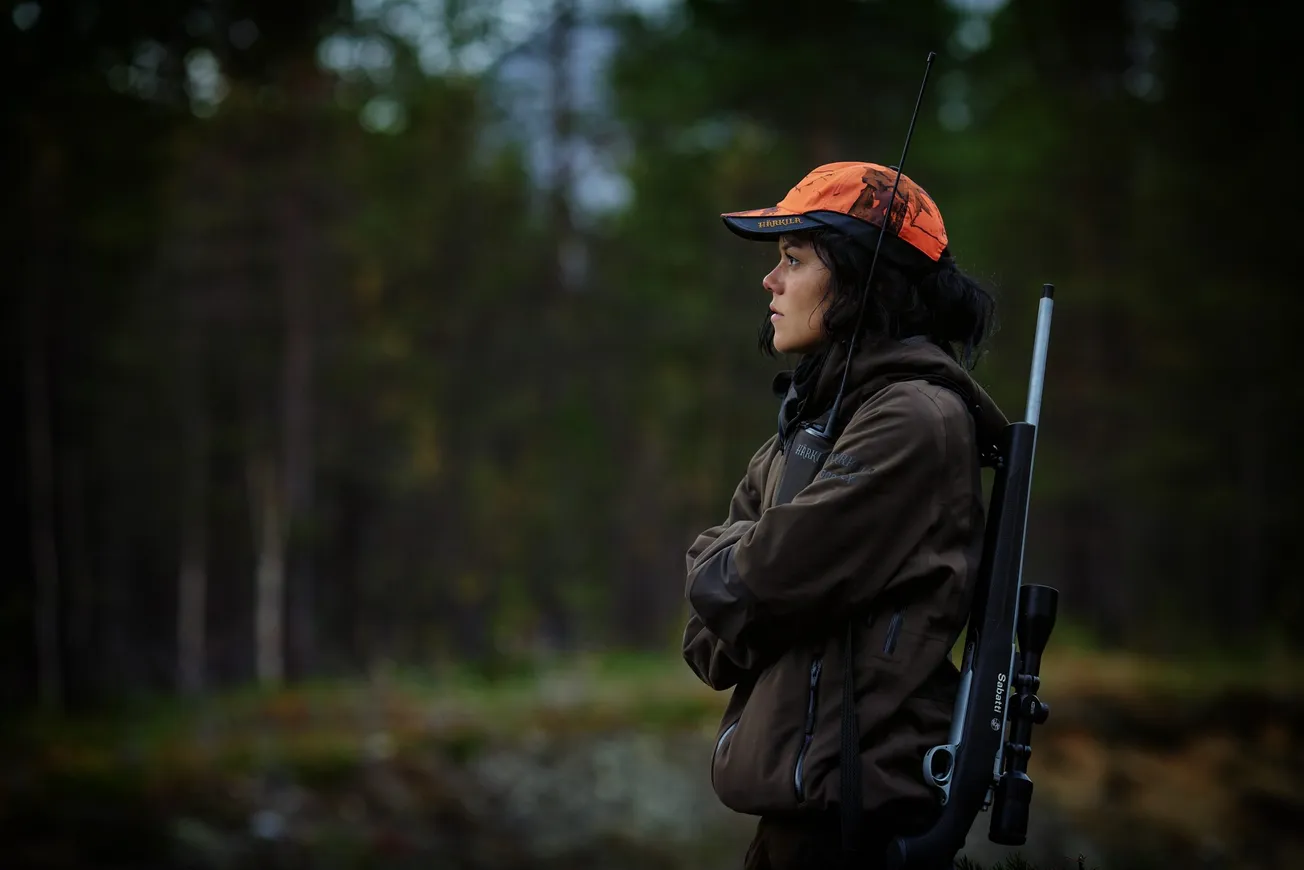Table of Contents
The way that Jacinda Ardern’s Labour-Green-New Zealand First Coalition Government is dealing with the quarter of a million law-abiding New Zealanders who make up this country’s firearms community is a disgrace.
Just a year ago, the Prime Minister had such a high level of trust in registered firearm owners that she authorised an Order in Council to relax firearm laws.
The Arms (Electronic Transactions) Amendment Regulations 2018 enabled anyone applying for permits for restricted firearms – or to become a firearms dealer – to do so online through the internet instead of having to front up to a Police Station.
Such changes reflected the mutual respect that existed between the firearms community and the Police.
While New Zealand had one of the highest rates of firearm ownership in the Western world, the rate of firearm crime is low, committed mainly by offenders without a licence using illegal firearms.
The majority of licensed firearms are owned by those living in rural areas where they were needed for pest control and to euthanise animals, as well as for recreation and sport.
However, all that goodwill evaporated in March when a lone Australian gunman killed 51 people in Christchurch.
Given the trust that had existed, the Prime Minister’s crackdown on law-abiding firearm owners was unexpected. Their democratic rights were trashed by wide-ranging and punitive restrictions that destroyed an important part of the Kiwi way of life.
Within six days of the tragedy, an Order in Council was signed by the Governor-General to effectively ban the type of semi-automatic firearms used in the attack. Since that Order does not expire until 30 June 2020, it gave the Government plenty of time to respect the democratic process and properly consider any law changes.
It also allowed the Royal Commission of Inquiry into the Attack on Christchurch Mosques to complete its investigation. This would have ensured that any law changes addressed the real problems.
Instead, in the days following the tragedy, the Prime Minister took the opportunity to enhance her political capital on the world stage by moving faster than Australia when it had responded to the Port Arthur tragedy.
As a result, the Arms (Prohibited Firearms, Magazines and Parts) Amendment Bill was passed into law just three weeks after being announced, banning military-style semi-automatic firearms, assault rifles, shotguns with high capacity magazines, along with some component parts and ammunition.
Only two days were allowed for public submissions instead of the normal four to six months.
The amnesty and buy-back scheme that was introduced in conjunction with the law change is scheduled to end on the 20th of December. Anyone owning a prohibited firearm or part after that date could face penalties of up to 10 years in jail.
Not content with banning the type of firearms used in the Christchurch shooting, the Government is now going much further.
A hastily drafted Supplementary Order Paper 408 has been introduced into Parliament to prohibit yet more firearms – not only semi-automatic pistols and parts, but also included are provisions to ban pump-action rifles using an Order in Council to avoid the submission process and the scrutiny of Parliament.
A limited opportunity for submissions has been provided – see HERE – closing at midnight, Friday 29 November.
When the original buyback scheme was announced, the Minister of Police said, “The compensation scheme recognises licensed firearms owners are now in possession of prohibited items through no fault of their own, but because of a law passed by Parliament.”
It would be unacceptable if Stuart Nash did not extend his promise of compensation for the firearms his Government is banning, to those that will be prohibited through SOP 408 – especially as the Regulatory Impact Statement clearly recommends a new buyback scheme: “Should any option be chosen that requires prohibition of a firearm, this will create cost through a resulting buyback and amnesty. As we are unlikely to be able to extend the current buyback and amnesty, we would need to design and approve a new process through Cabinet. The overall costs are estimated to be in the order of $3.7 million.”
The penalising of the firearms community by Jacinda Ardern’s Government is continuing through the heavy-handed law changes in the Arms Legislation Bill, which is presently being considered by the Finance and Expenditure Select Committee. It will introduce a firearms register, reduce the license period from 10 years to 5 years, and impose such onerous requirements on gun clubs and shooting ranges that there are fears many will be forced to close.









